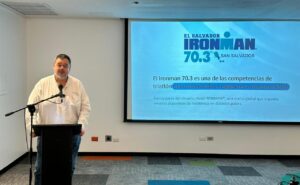The Asociación Bancaria Salvadoreña (ABANSA) has issued an alert to users of the national financial system about a growing scam known as “SIM swapping”, which has begun to affect customers of different banks. This technique consists in the theft of a person’s telephone line to access his or her financial data and carry out transactions without his or her authorization. ABANSA stresses the urgency of acting quickly if you suspect you have been a victim of this fraud.

SIM swapping occurs when a criminal succeeds in convincing a telephone company to assign another person’s telephone number to a new SIM card in his or her possession. In this way, the fraudster gains control over calls, text messages and, most seriously, the two-factor verification codes that many banks use to validate transactions or access online accounts. Thus, he can log into banking platforms as if he were the account holder.
This type of fraud usually starts with social engineering techniques. Criminals collect personal information through scam calls, phishing emails, social networks, or even leaked databases. With this data, they impersonate the user to the mobile operator and request a “SIM replacement” claiming loss or damage of the chip. Once the new SIM is activated, the real owner loses all mobile signal, and the theft begins.

To prevent this type of scam, ABANSA recommends not to share personal or financial data by phone or internet, especially in social networks. In addition, it suggests activating additional security mechanisms with both the bank and the telephone company, such as additional passwords, biometric verification, or restrictions for SIM replacements. It is also advisable to frequently review bank transactions and notifications.
In case you suspect that you have been a victim of SIM swapping, immediate action is key. The first step should be to contact the telephone operator to confirm if the line has been duplicated. Then, the bank should be notified immediately to temporarily block the accounts and prevent transfers. It is also essential to file a formal complaint with the Policía Nacional Civil and the Fiscalía General de la República to initiate an investigation.

ABANSA urges bank users to stay informed about new scam modalities. Collaboration between users, banks and authorities is essential to stop these increasingly sophisticated cyber-crimes.







